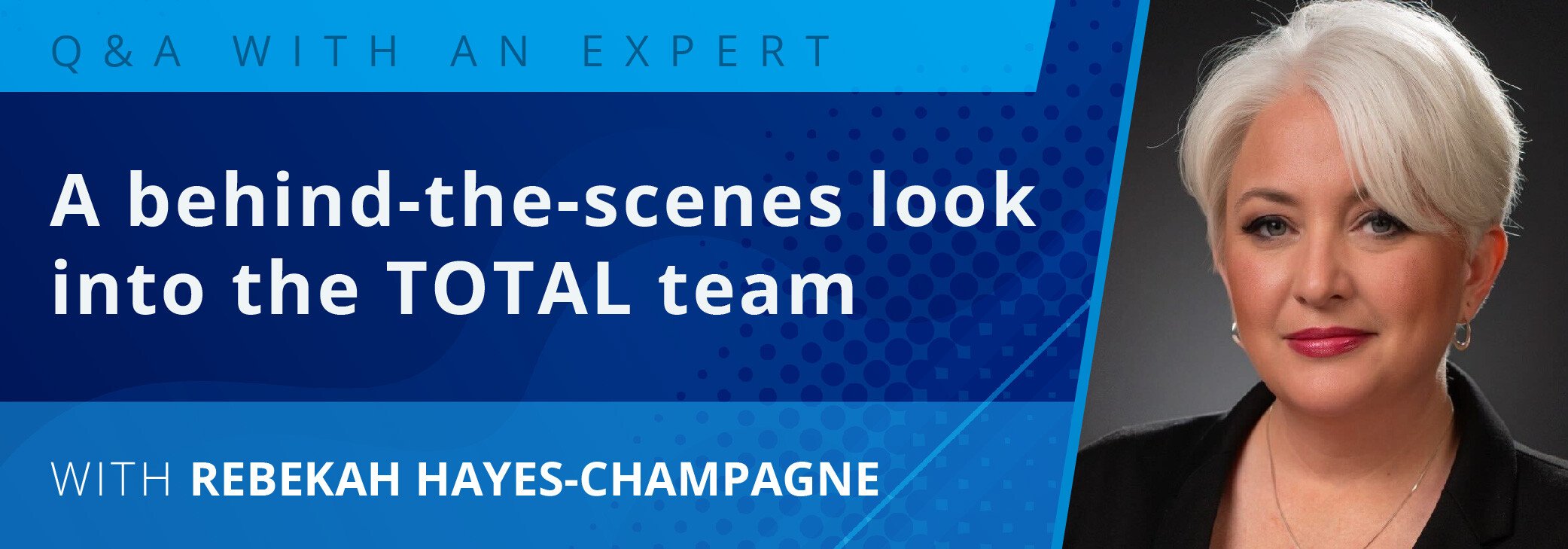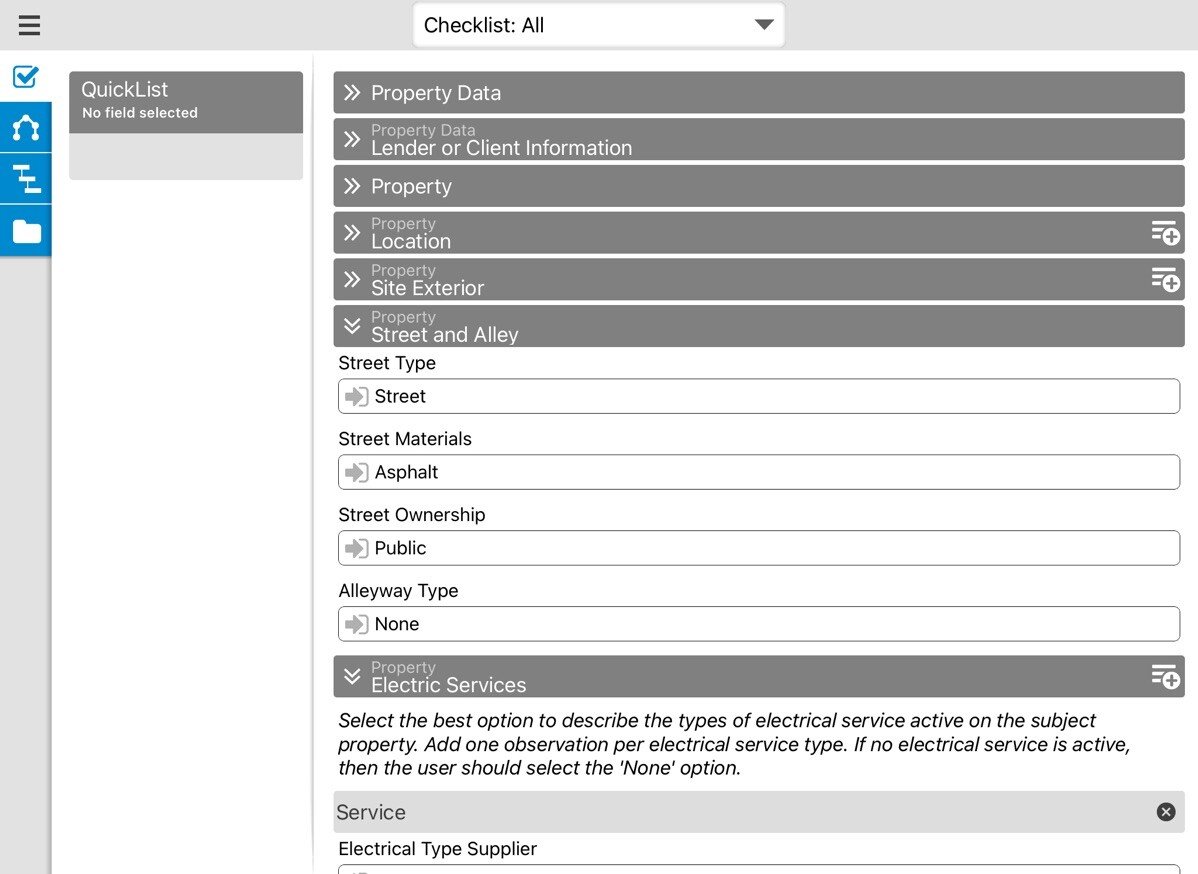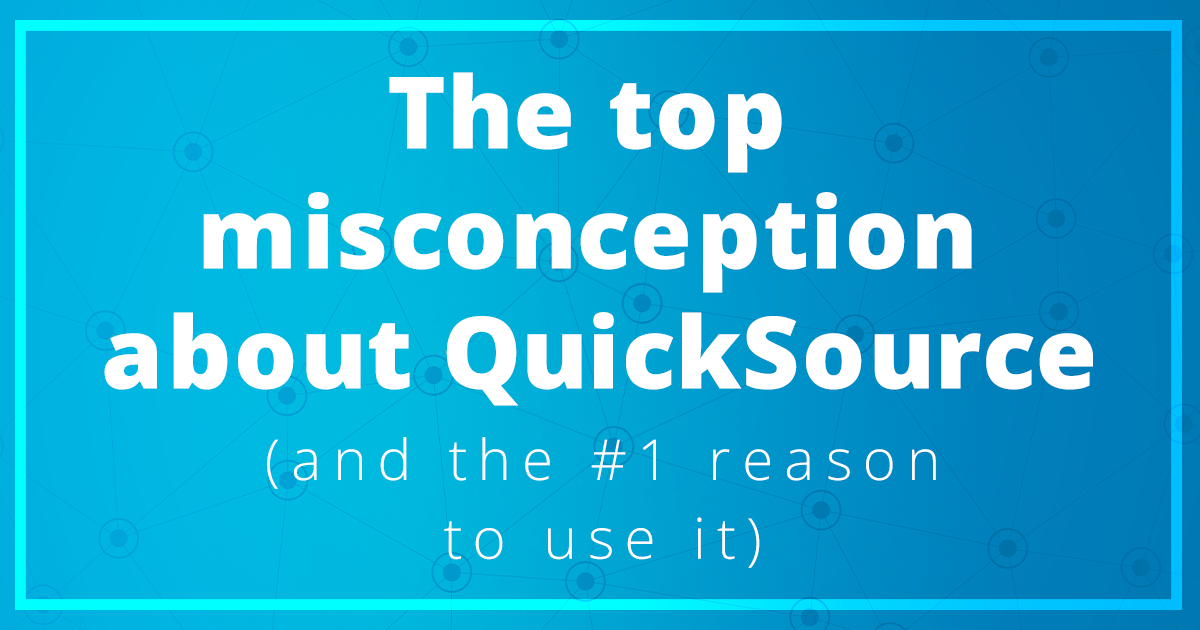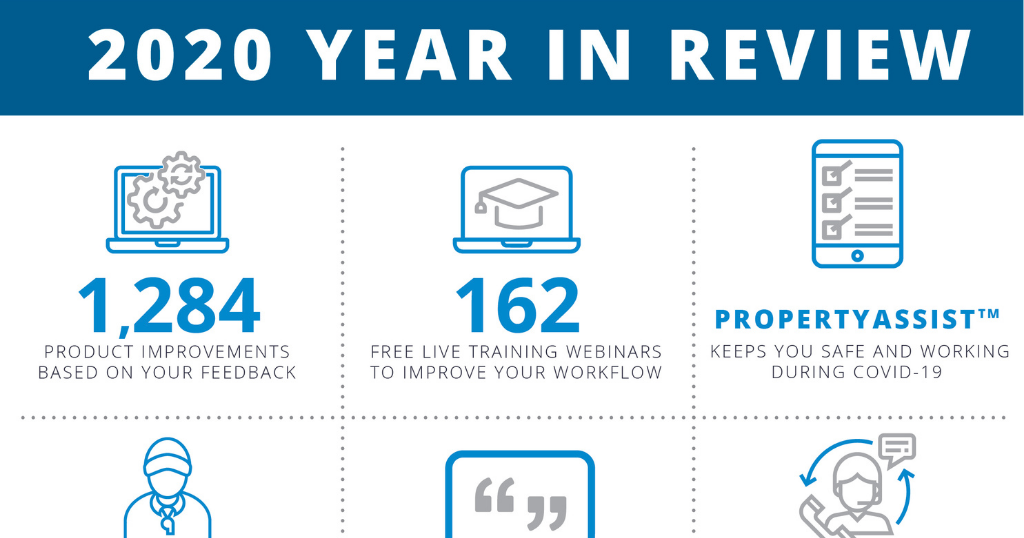Cynics over the last few years – more likely, decades – have found little to separate the two major parties when it comes to federal elections. You certainly have to dig deep to find out what the two major candidates for President, George W. Bush and Sen. John Kerry, would do differently from one another on housing finance.
Both campaigns tout "affordable housing" as a goal of their prospective administrations. "John Kerry has a long history of working to make housing more affordable and increase homeownership for all Americans," the Kerry/Edwards campaign said this week. "As president, he will continue to fight for affordable housing."
Longtime readers of our e-Newsletter will recall that Sen. Kerry's Beacon Hill home was said to be worth $12.8 million by an appraiser contracted by Mellon Bank in December, so we can see where he'd be on board with the idea housing should be more affordable. Recently, Sen. Kerry has proposed specific affordable housing initiatives for military housing "by providing incentives for private developers to build new housing on or near military bases and lease it to military families at a rate consistent with their housing allowances."
For his part, President Bush has hung his hat on a record of record expansion in homeownership, pointing to his signing the American Dream Downpayment Act into law. The Act provides assistance of up to $10,000 or six percent of the purchase price of a first home to buyers a certain level below their area's median income. "If you own something," the President said in June, "you have a vital stake in the future of our country. The more ownership there is in America, the more vitality there is in America, and the more people have a vital stake in the future of this country."
For the sake of fair and balanced reporting, it should be noted that President Bush's current residence would list for about $106 million on the open market.
Critics claim that getting more people with more debt and poorer credit into bigger houses with less money down may temporarily stimulate the economy but could have potentially drastic consequences down the road. But "affordable housing" is almost the "war on drugs" of the 2000s – no political candidate has the will to come out against "affordable housing" initiatives, regardless of how the benefits and costs are balanced.
Whoever wins in November, we're likely to have continuing expansion in homeownership, progressively lax underwriting standards, and – though we hope we're wrong – more foreclosures as overextended homeowners begin to have trouble making payments and find themselves without enough equity to sell out from under their mortgages.



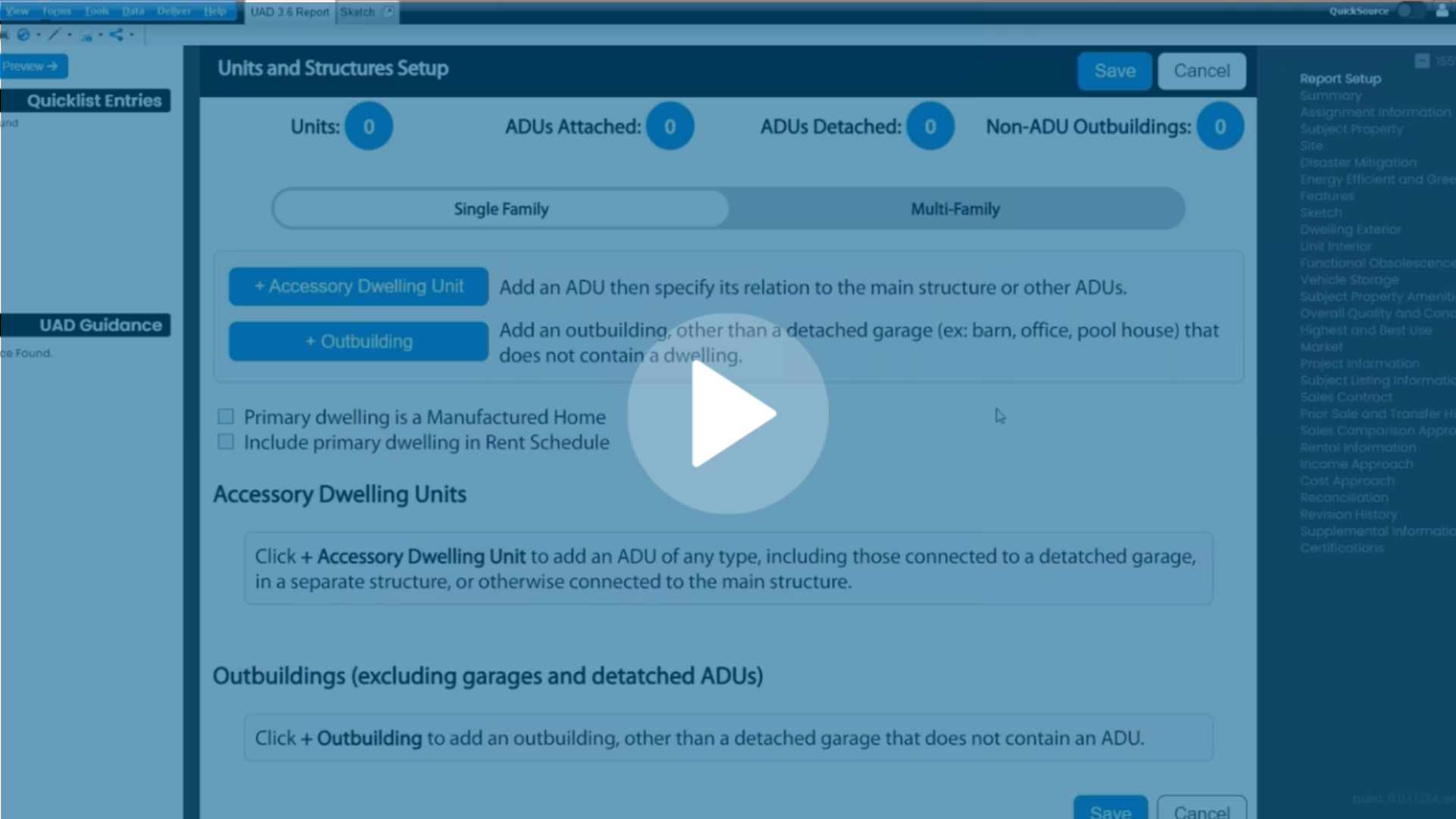
.png)

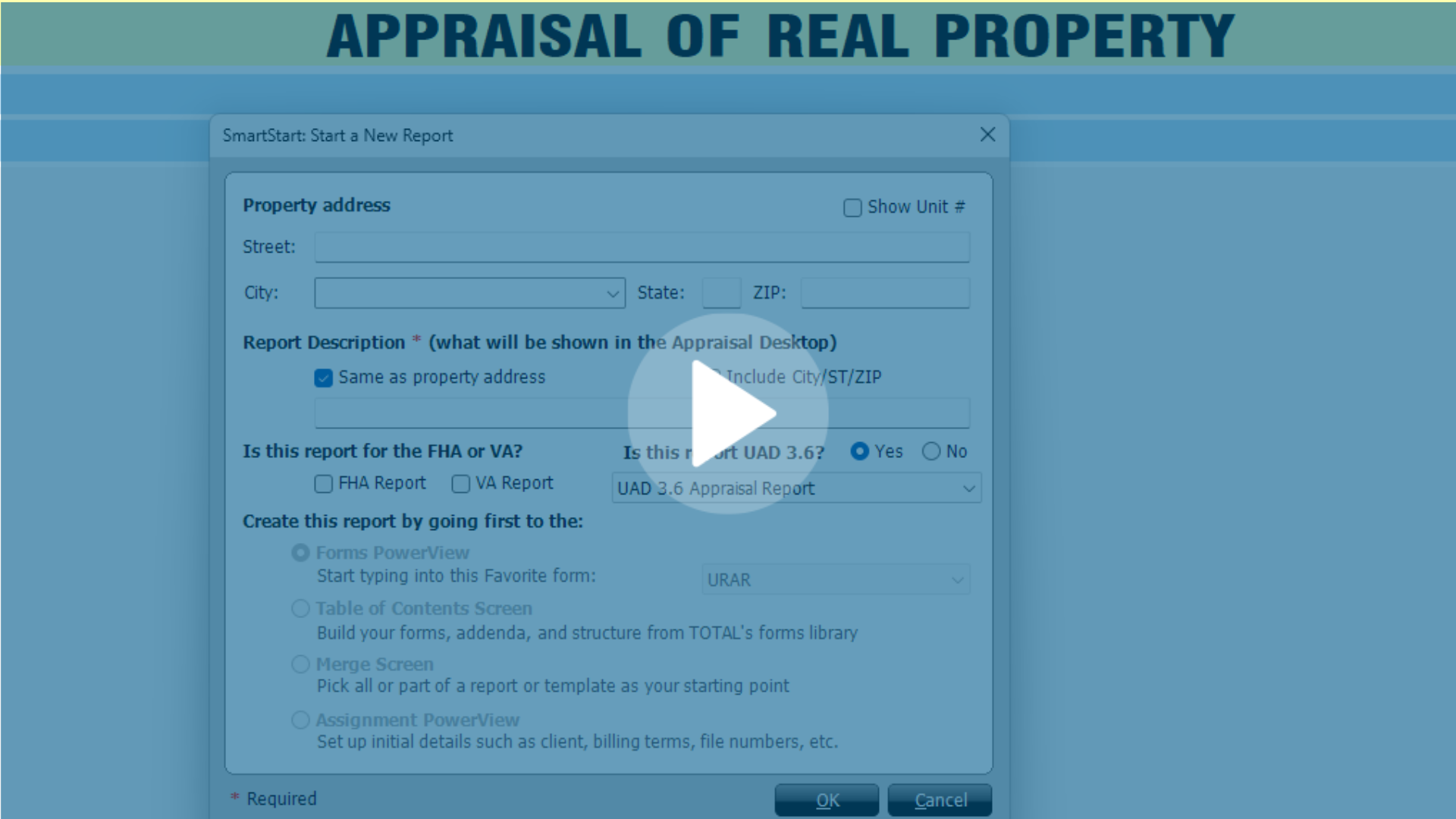


.png)
-1.png)
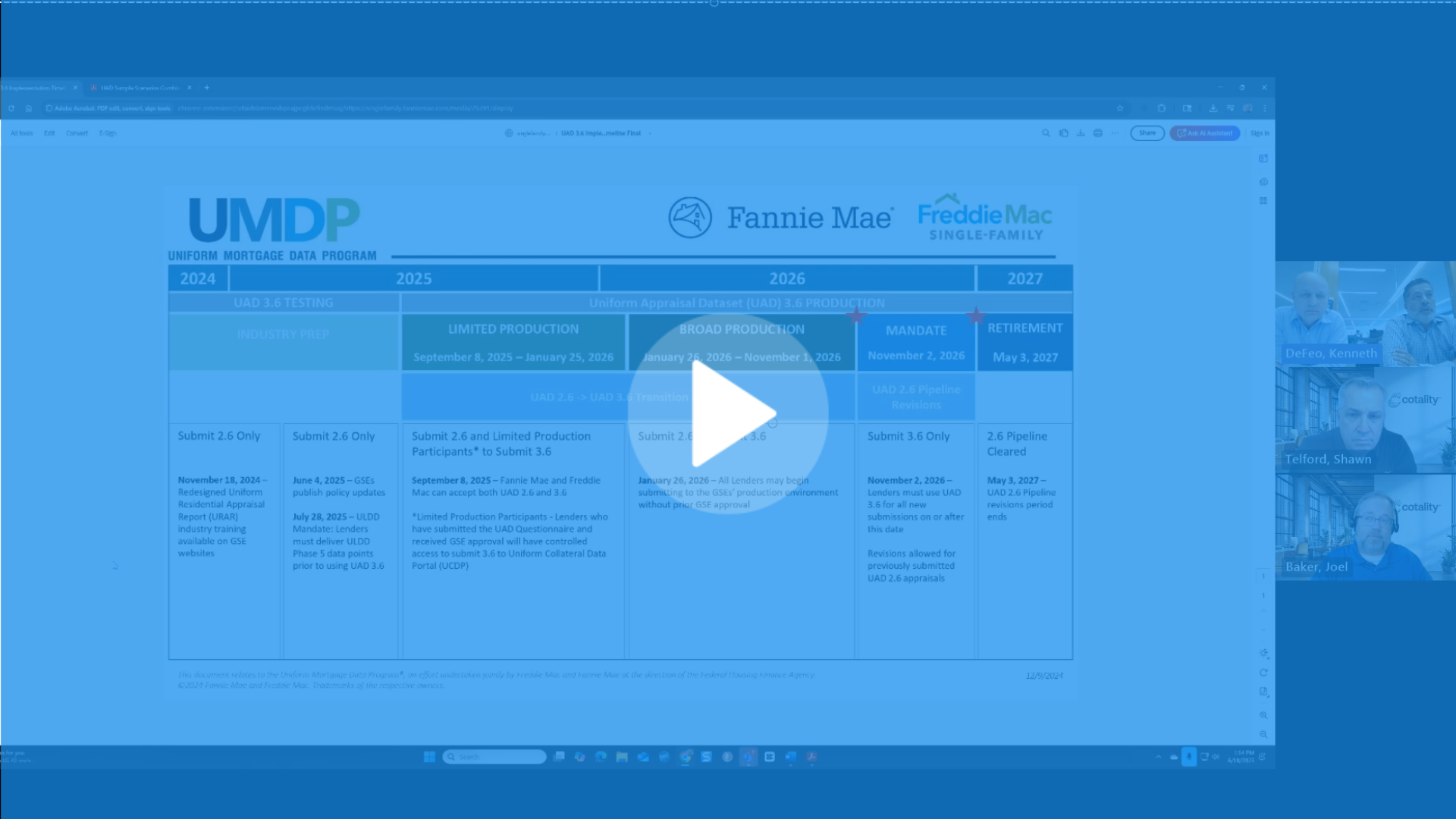
.png)
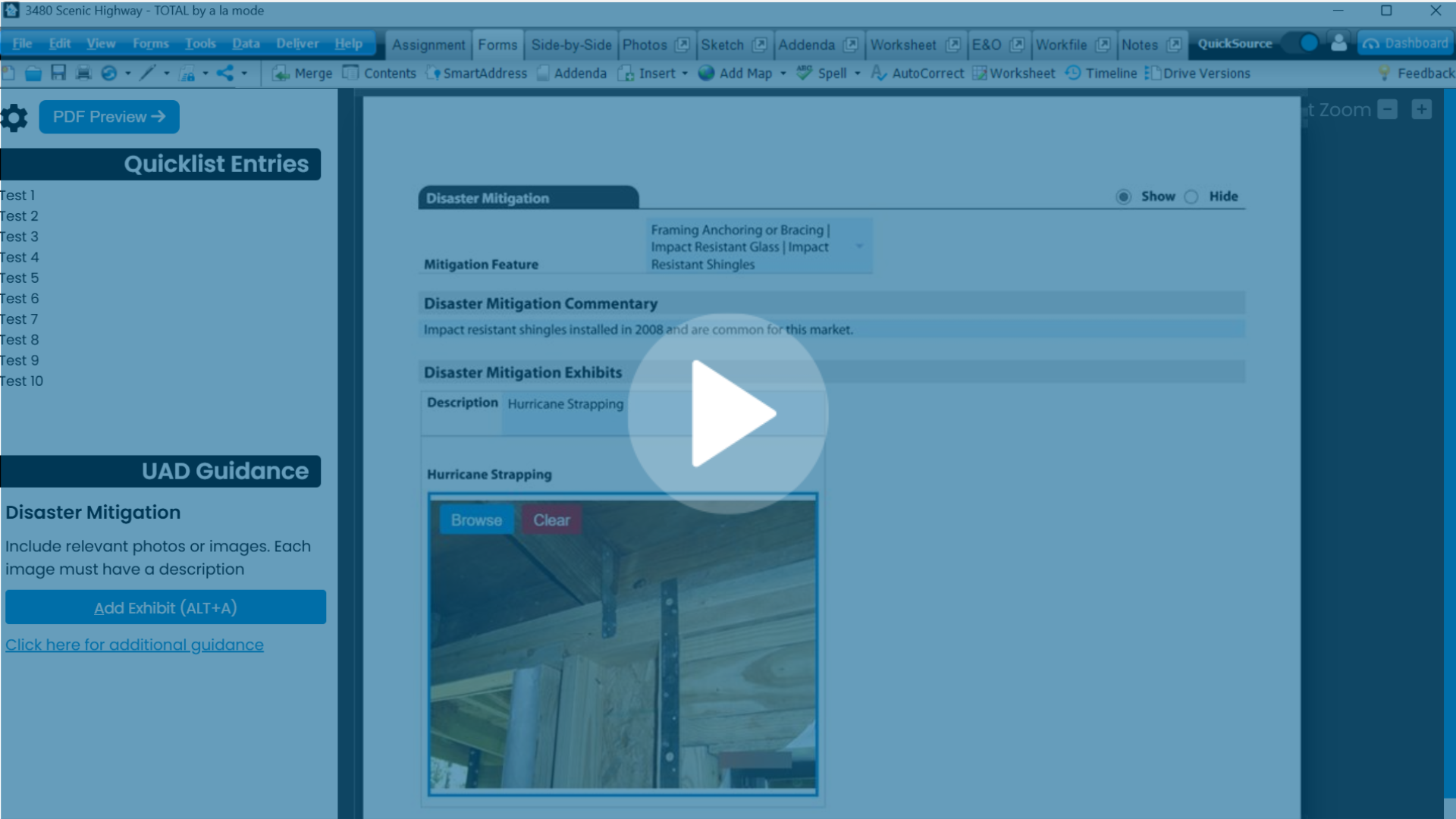
.png)
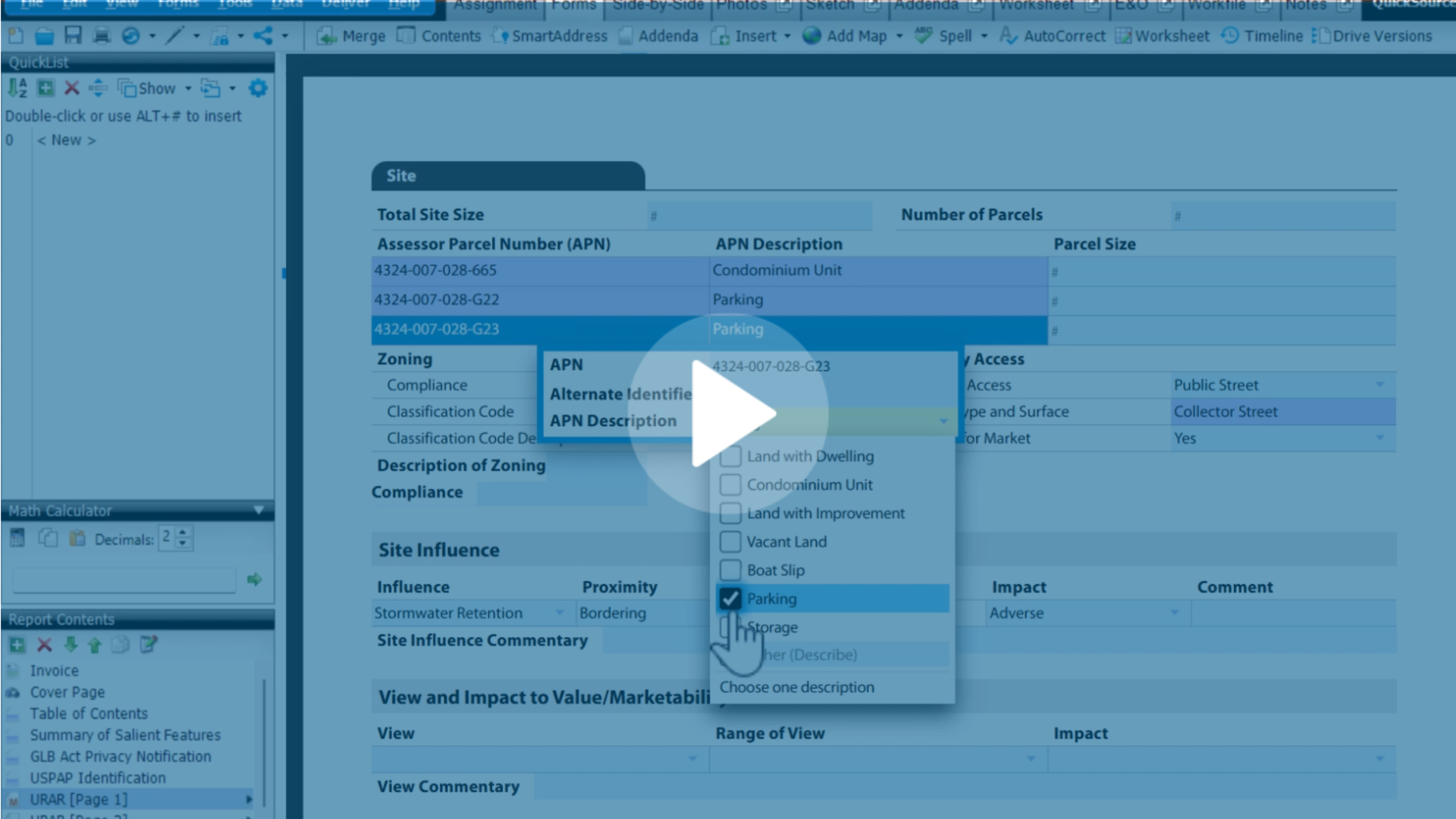
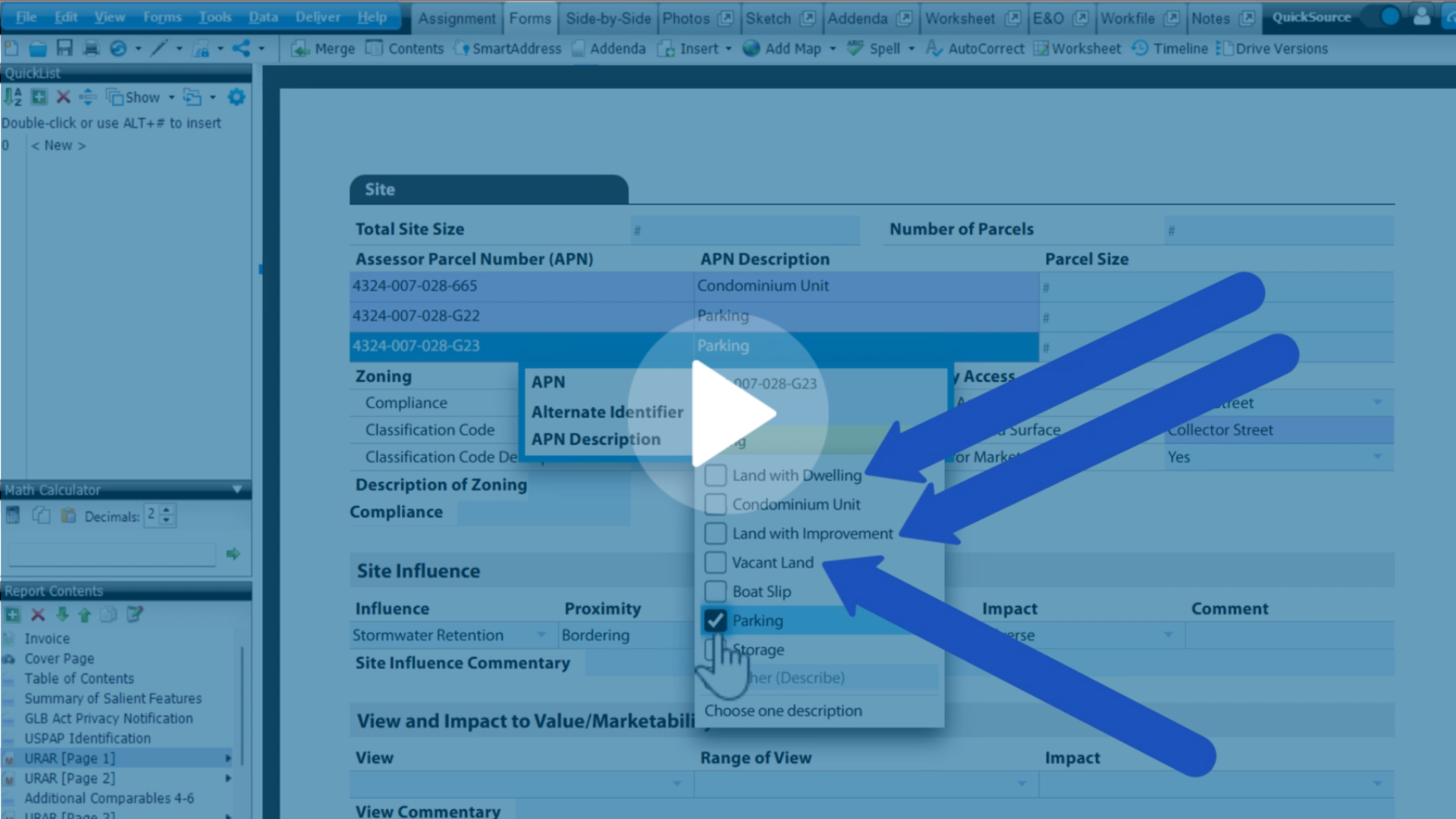
.png)
.png)
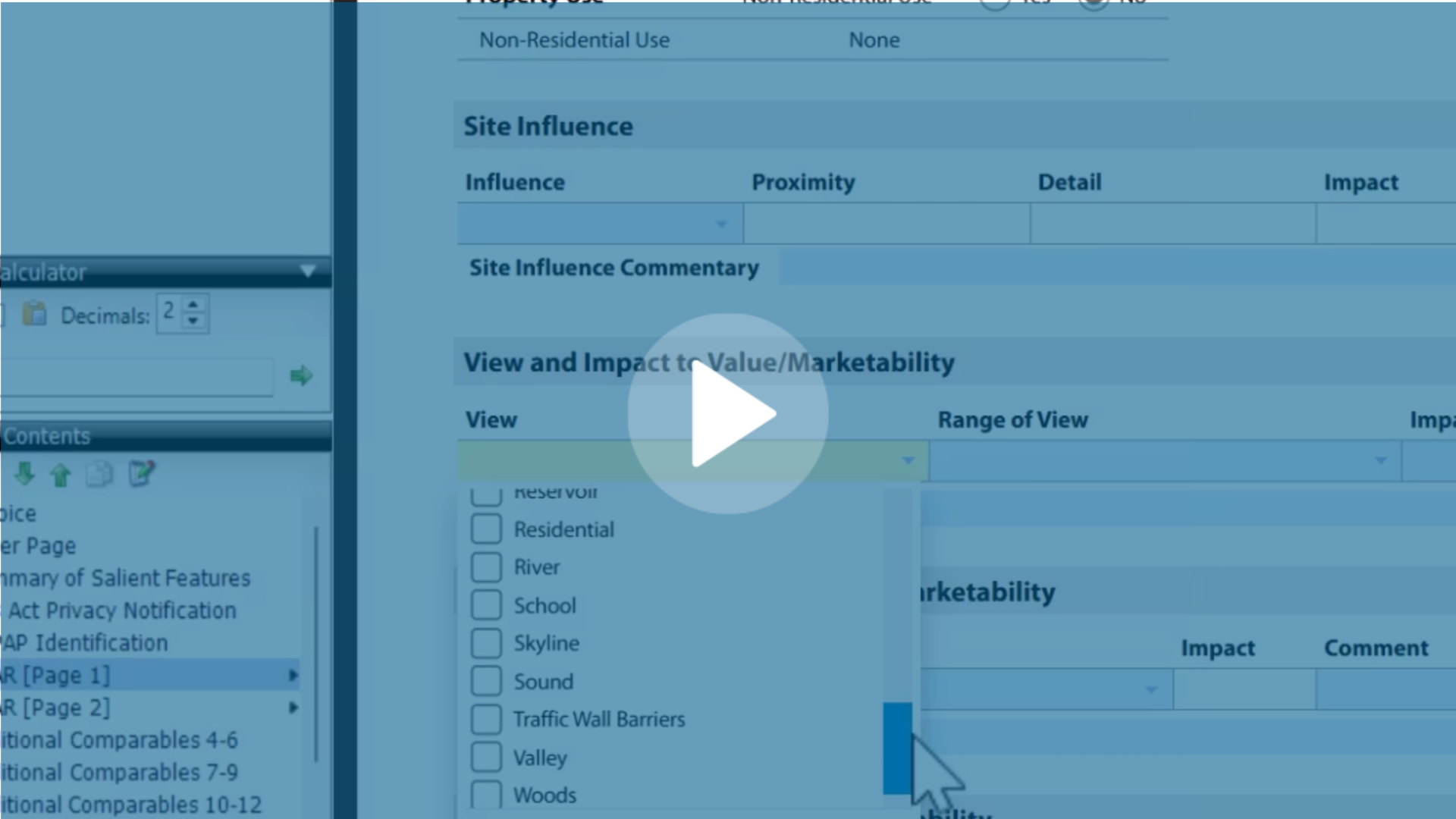
.jpg)
.png)
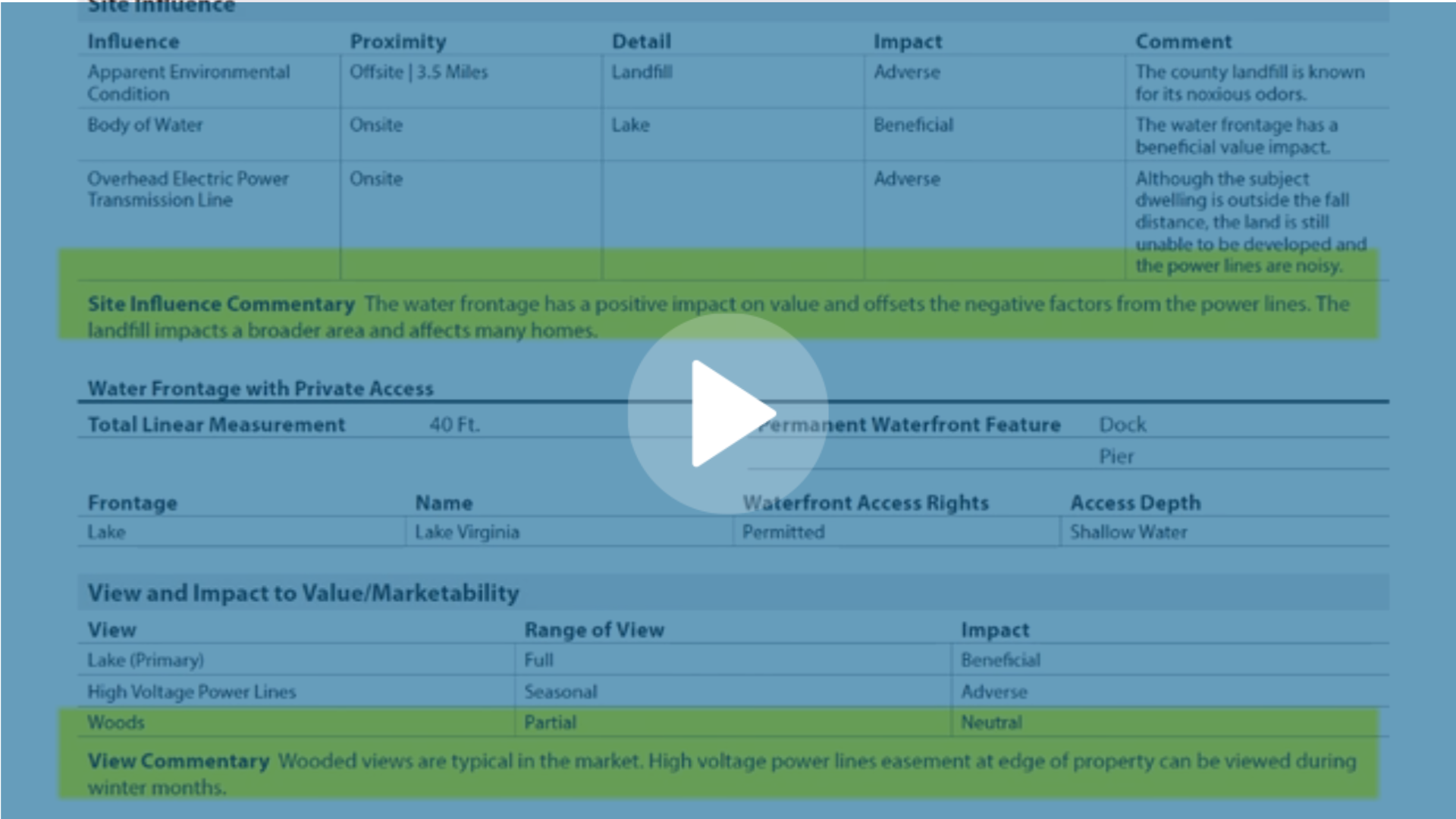
-1.png)









